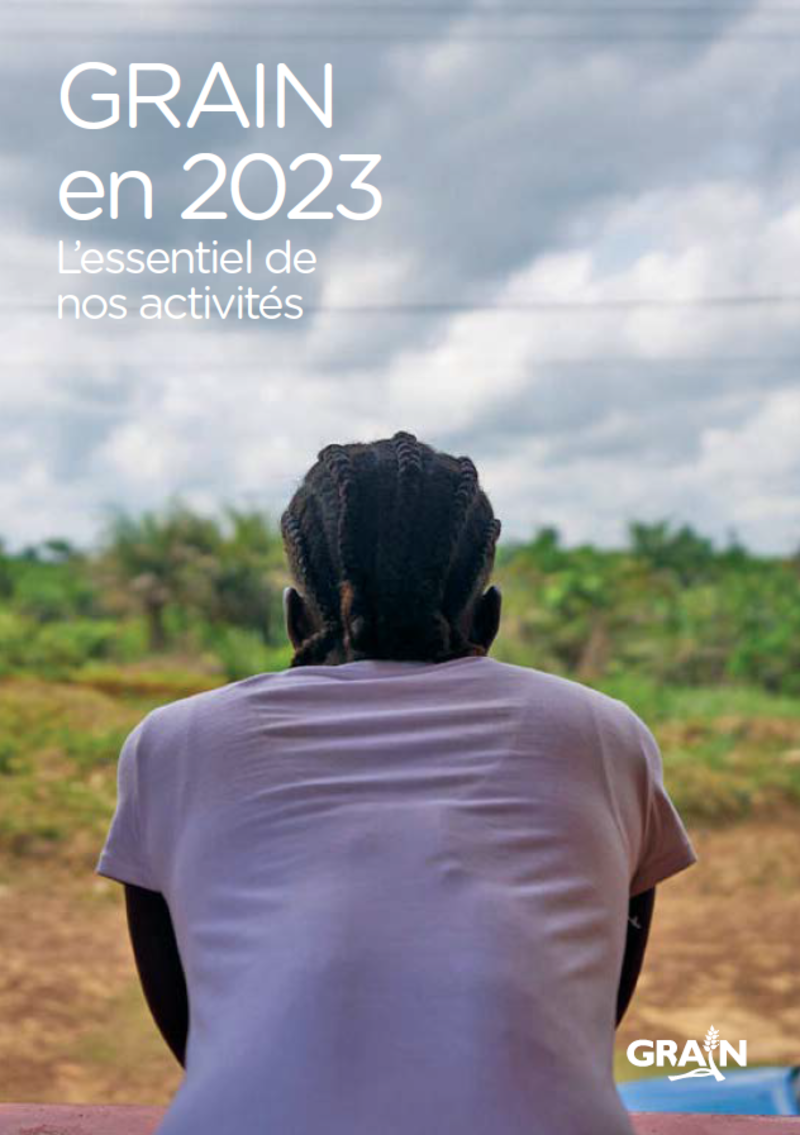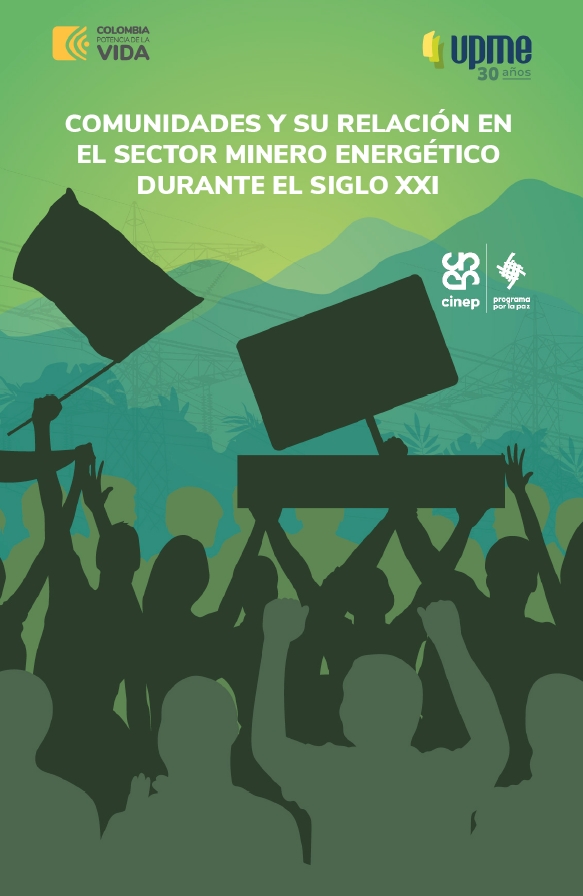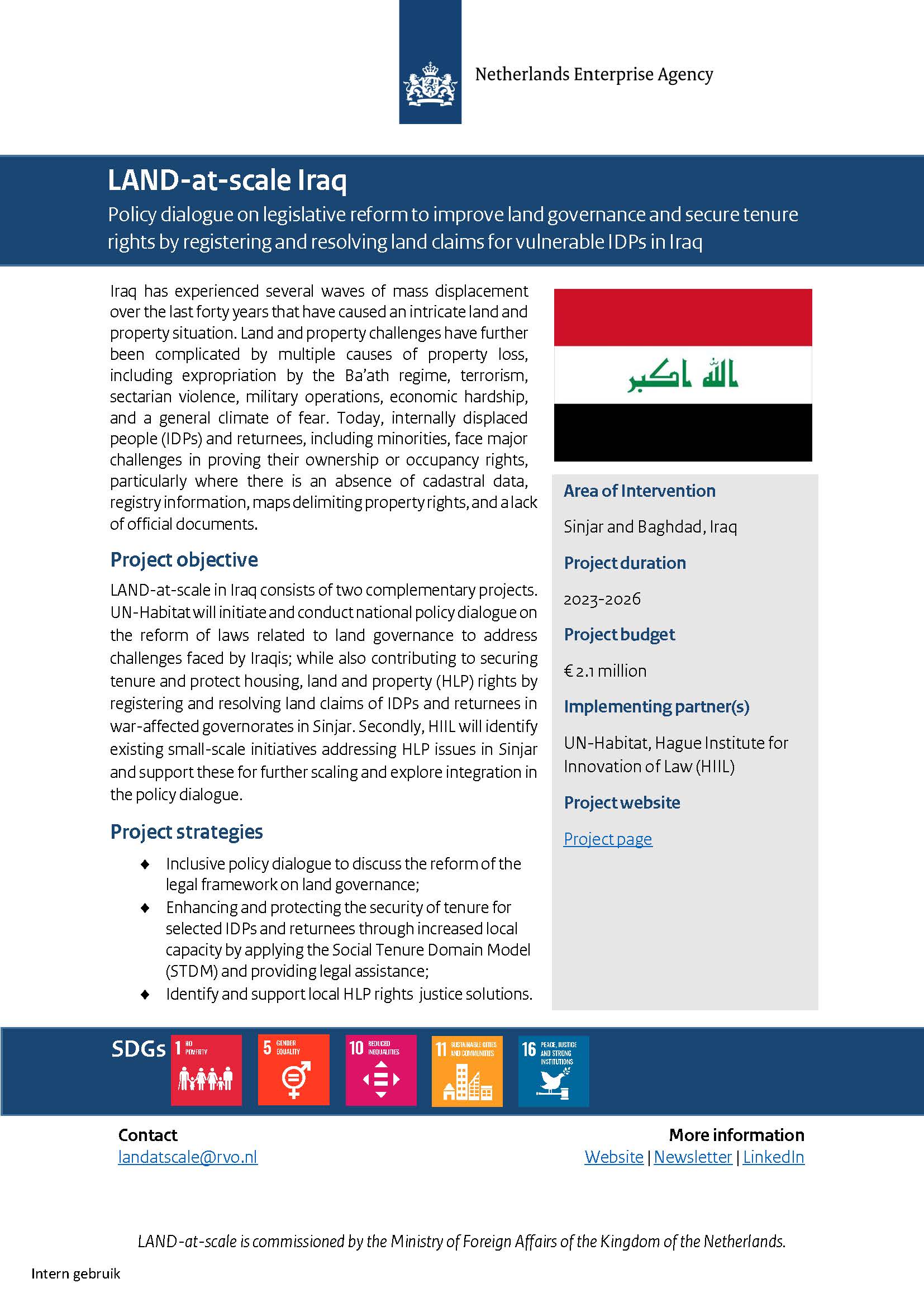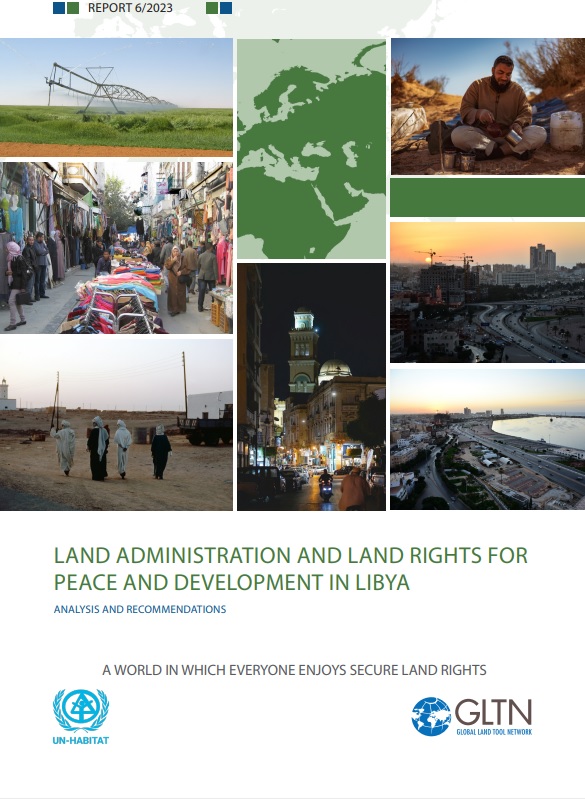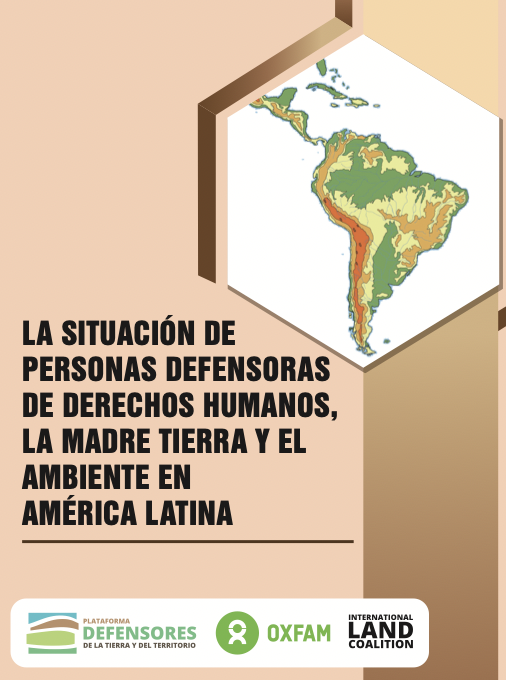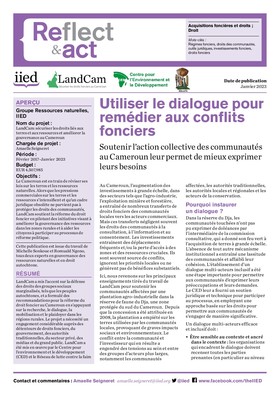GRAIN en 2023 : l'essentiel de nos activités
La concentration du pouvoir des entreprises dans le système alimentaire est restée un défi redoutable en 2023, mais GRAIN, avec ses partenaires et allié·es, a continué à défendre la souveraineté alimentaire comme véritable alternative.

